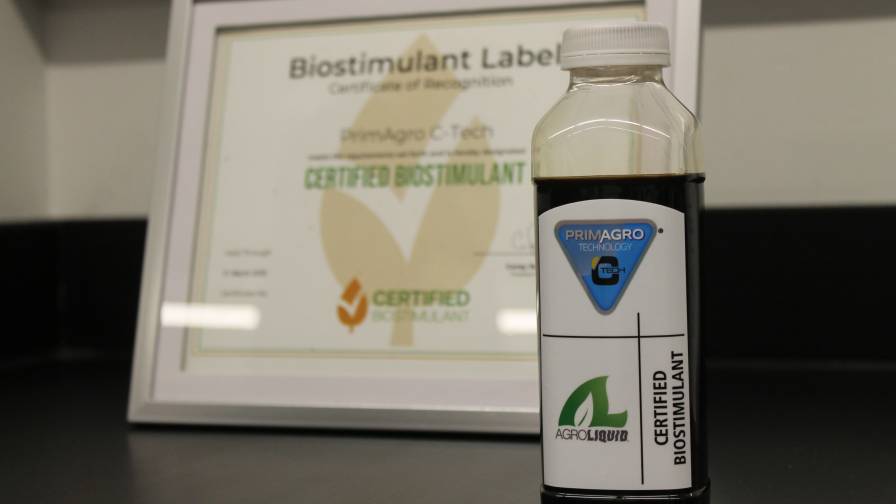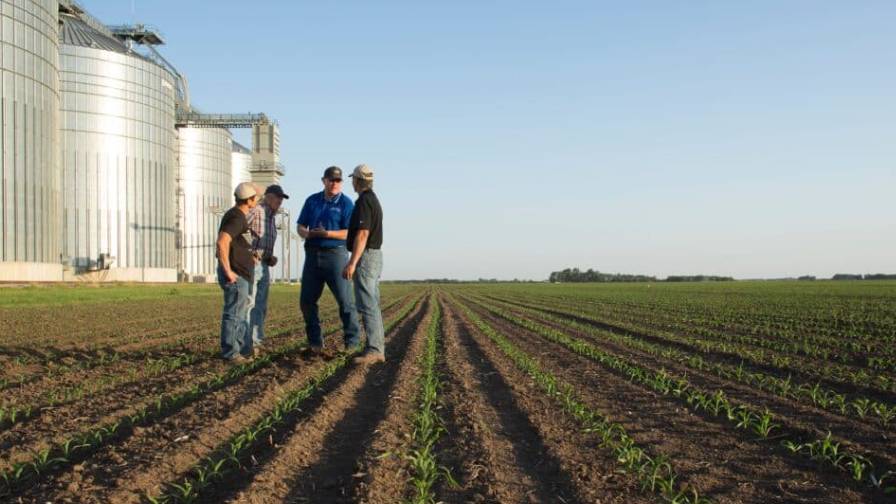Seed Producers Challenged
Dealers have plenty of issues to track, but seed companies have their own set of challenges. When asked what keeps these suppliers awake at night, Andy LaVigne, American Seed Trade Association (ASTA) president and chief operating officer, offered a few thoughts.
“The need and demand for new crop varieties and technologies that produce ever-increasing yields while requiring fewer natural resources must be balanced with the public’s concern about new technologies and breeding methods used for food produced by America’s farmers,” he says.
In question is society’s understanding of the food production cycle and the science behind it. That understanding is the foundation of the rules and regulations that govern the food industry. Education and outreach to the average consumer, who is about four generations removed from the farm, must be a concerted and ongoing effort, says LaVigne.
“It’s also imperative for the seed industry to continue to strengthen its outreach and communication efforts with legislators and regulators at the state and federal levels,” he says.
“Now more than ever, it is important that the laws and rules governing the seed industry are not overly burdensome and are as consistent as possible from state to state.”
On another note, the seed industry is becoming more and more global, and the ability for businesses to move seed across borders with certainty and ease is essential to suppliers’ goal of making sure farmers around the world have access to quality seed to provide their communities with affordable, abundant, and nutritious food.
“At ASTA, we are implementing short term and long term strategies such as forming bilateral agreements with countries to harmonize standards and working to create an international seed standard,” LaVigne says. “These efforts will help not only seed companies worldwide, but universally, farmers — and ultimately consumers from all over the world.
Much of our success to these challenges has to do with education and outreach to the general public, international policy-makers and regulators, as well as farmers.”






